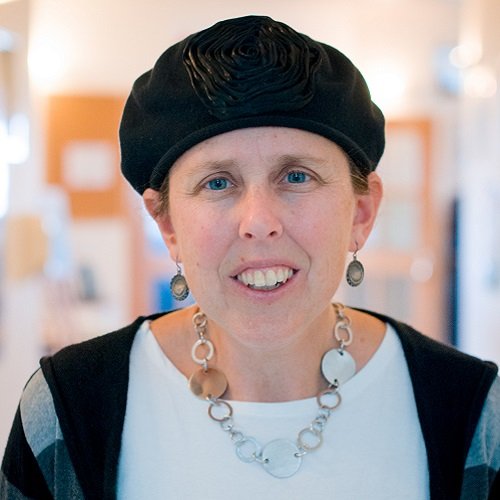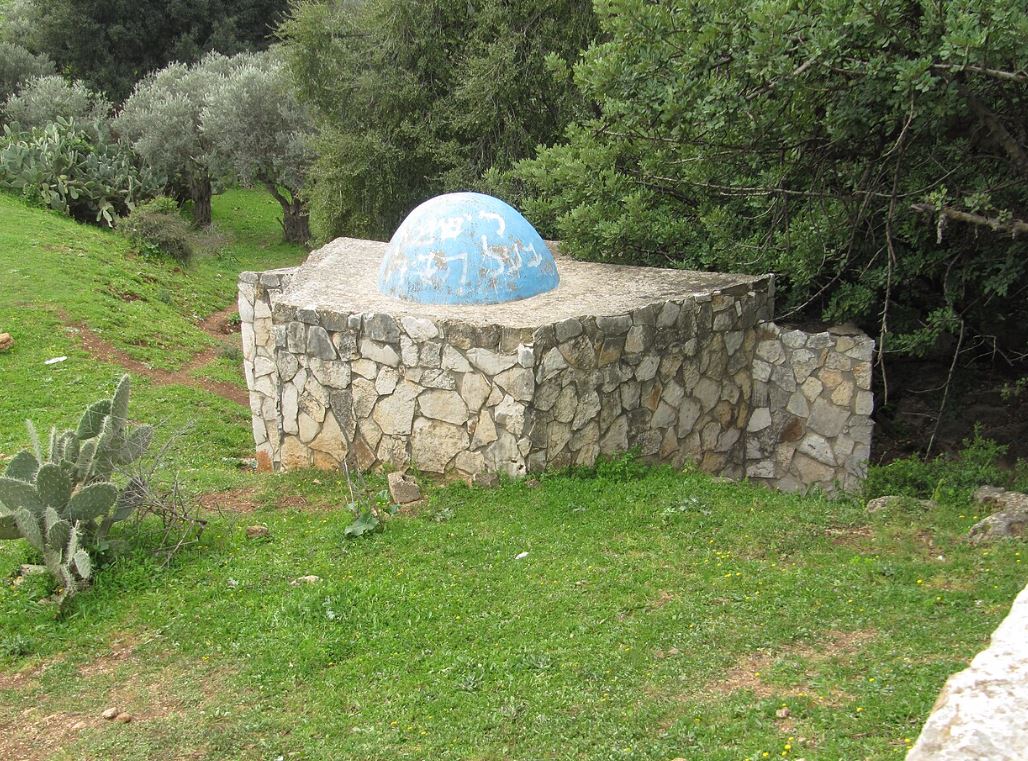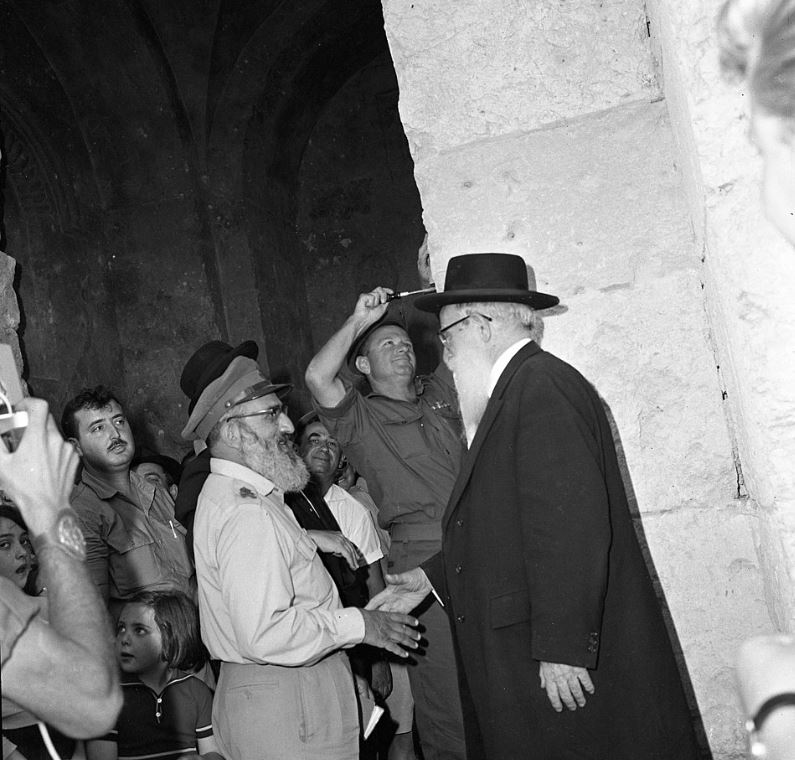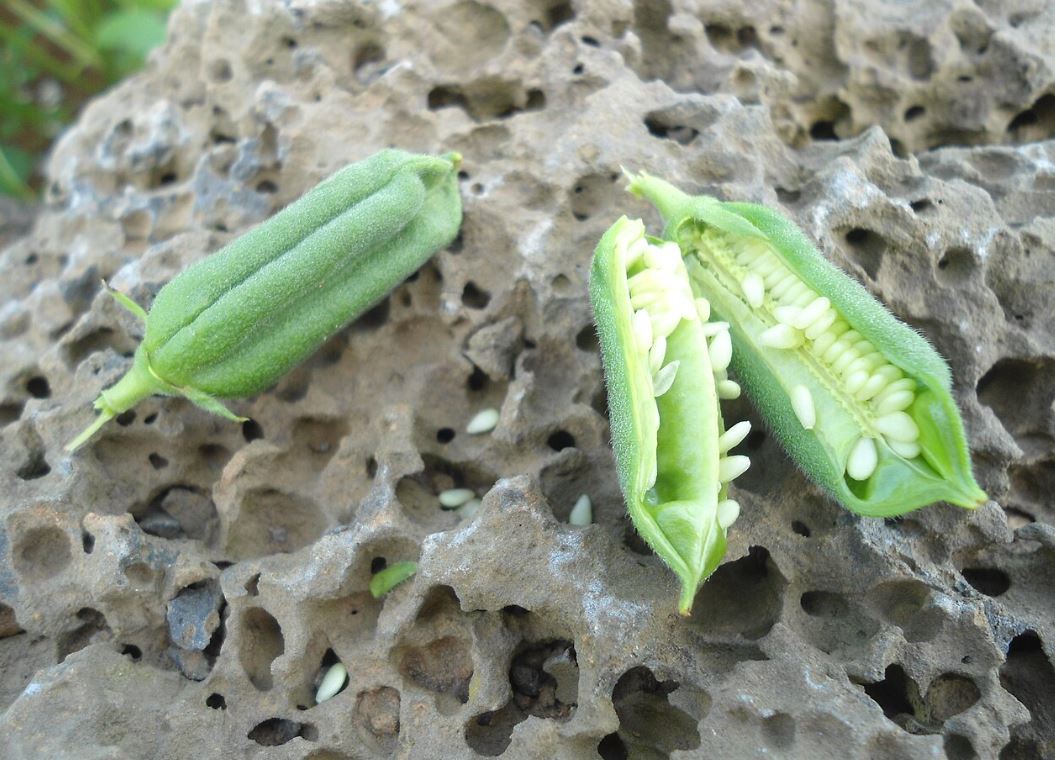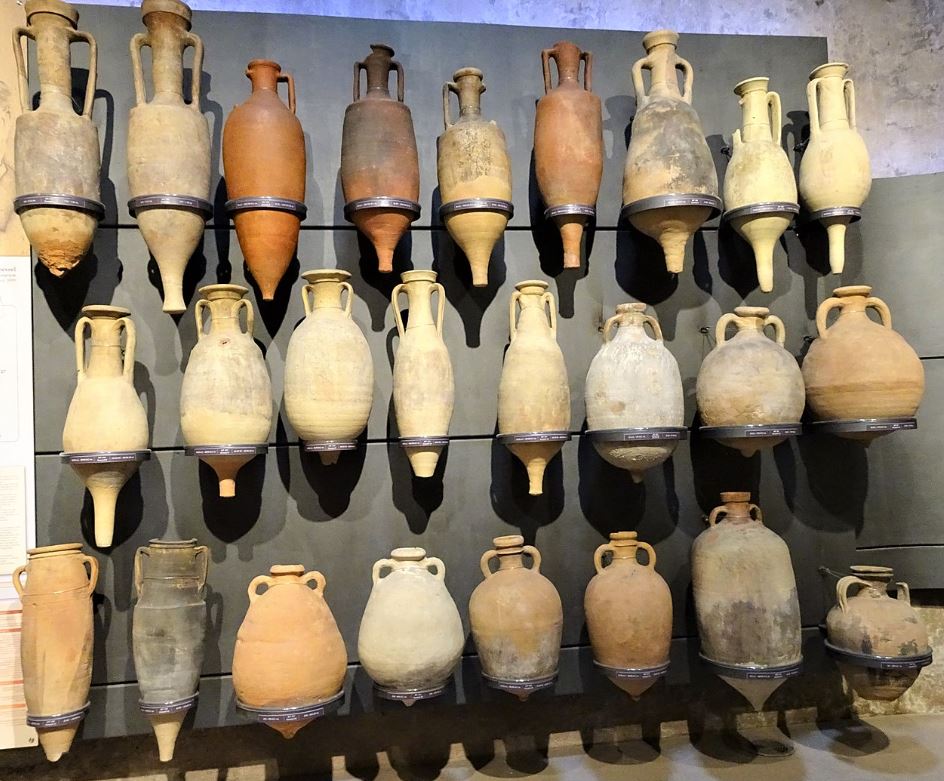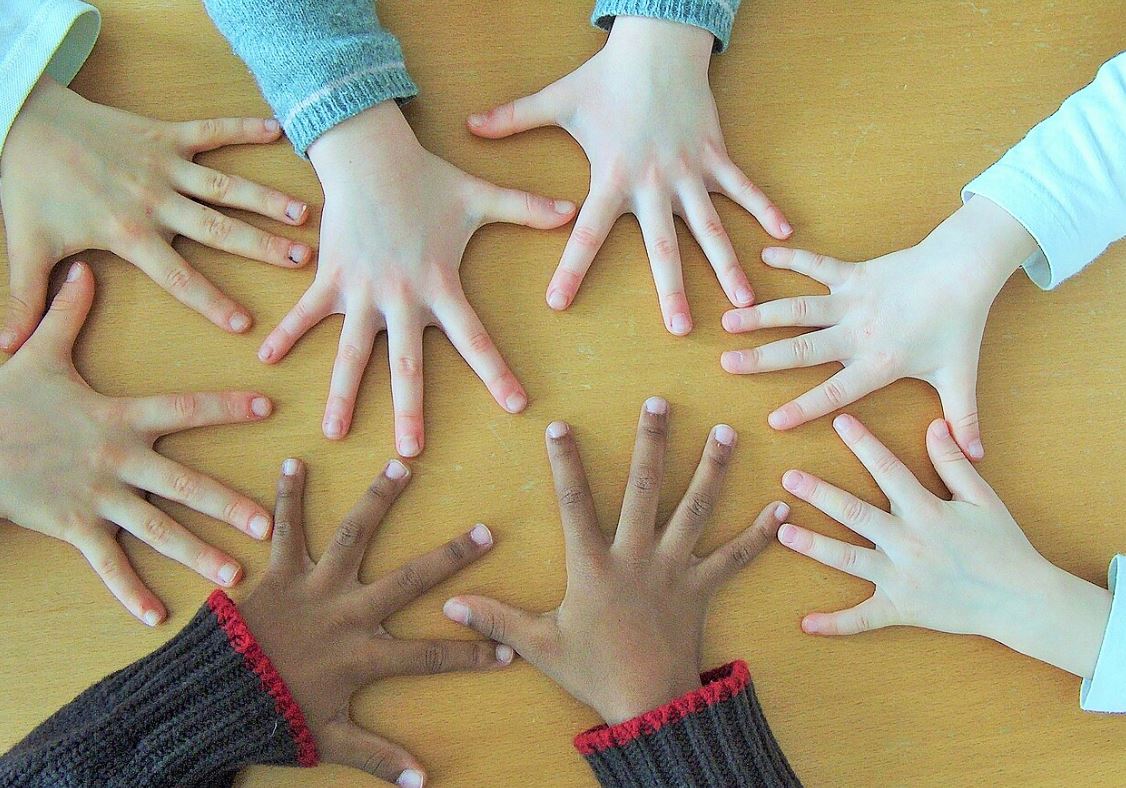How do you know who is a thief? If someone opens up their raincoat and offers you a bunch of Rolex watches, chances are good that he is not a Rolex manufacturer. But what about ordinary people, are they trustworthy? The Mishnayot at the end of Bava Kamma want to ensure that people do not buy from thieves. We trust that people are not thieves if it is known that this is their business:
“But one may purchase from women woolen goods in Judea, and linen goods in the Galilee” (Bava Kamma 118b)
Rashi explains: “this (textile manufacturing) is women’s work; they make and sell it and their husbands know that they are doing so.” In other words, when these women sell cloth they have not stolen it from their husbands but are doing so on behalf of the family business.
Rashi’s assumption is proven by many texts in Rabbinic literature. In the ancient world there was a clear delineation between men’s work and women’s work. While the men were often responsible for the raw materials (growing wheat, herding and shearing sheep), the women took those materials and transformed them into finished products: bread, wool. We have a beautiful representation of this dynamic in a conversation between Rabbi Yosi and Elijah the Prophet:
“Rabbi Yosi encountered Elijah the prophet and said to him: It is written: I will make him a helpmate. In what manner does a woman help a man? Elijah said to him: When a man brings wheat from the field, does he chew raw wheat? When he brings home flax, does he wear unprocessed flax? [His wife turns the raw products into bread and clothing.] Is his wife not found to be the one who lights up his eyes and stands him on his feet?” (Yevamot 63a)
Already in Biblical times, the woman was the one responsible for creating the goods from the wool and flax that her husband brought home:
“She looks for wool and flax,
And sets her hand to them with a will. . .
She sets her hand to the distaff;
Her fingers work the spindle.” (Proverbs 31:13, 19)
Women’s work (see here), always included spinning, even if she was wealthy enough to afford servants:
“And these are tasks that a wife must perform for her husband: She grinds wheat into flour, and bakes, and washes clothes, cooks, and nurses her child, makes her husband’s bed, and makes thread from wool. . . Rabbi Eliezer says: Even if she brought him a hundred maidservants, he can compel her to make thread from wool, since idleness leads to licentiousness.” (Mishnah Ketubot 5:5)
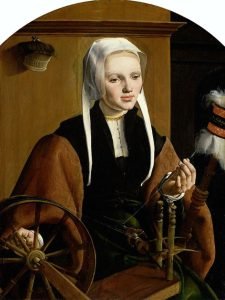
Maarten van Heemskerck, Public domain, via Wikimedia Commons
Textiles, whether wool or linen, were an important part of the economy in the Land of Israel in Mishnaic and Talmudic times. It is interesting to note the distinction between regions: sheep were raised in Judea and so wool was made there, flax was grown in the Galilee and that was a linen center (see here). While women did not own the textiles they produced, they were not slaves either. The income went to the family and the wife was part of that home economy. Because of that assumption, she was trusted to sell the textiles.
But while the Gemara assumes certain situations where a woman might get to keep the fruits of her labors (for example, when she says: I do not need to be fed and I will not work for you איני ניזונית ואיני עושה), those are the exceptions. It was rare for a woman to have an independent business and survive, let alone thrive on her own. One major exception was widows. Women whose husbands died, leaving them an inheritance, had a chance to take that money and invest it on their own. They needed to provide for their children but while they did work and even have businesses, they were not necessarily able to do more than keep their heads above water. But throughout Jewish history there were women who managed to become successful businesswomen. The most powerful and wealthy such woman was Dona Gracia Nasi (1510-1569) who amassed an enormous fortune and was able to benefit her community in multiple ways, not least of which was by smuggling Jews out of lands where the Inquisition raged, to safe havens elsewhere.
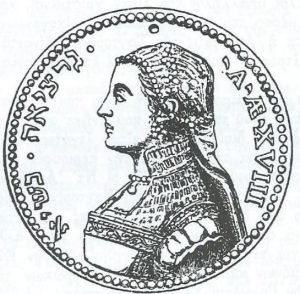
Dona Gracia
Public domain
A less well-known businesswoman was recently revealed to us from documents in the Cairo Geniza. This treasure trove of medieval manuscripts included everything from holy texts to wedding contracts and legal records. Professor Shlomo Goitein studied these texts in depth and wrote an article about an unusual person mentioned in these documents called Wuhsha the Broker. Here we have an amazing example of a successful woman who built an independent life for herself.
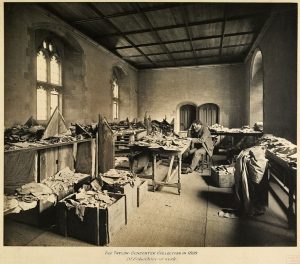
Dr. Solomon Schechter working on Cairo Geniza documents
Public domain
Wuhsha lived at the turn of the 11th century (around the 1090s- early 1100s) in Cairo. Her real name was Karima bat Ammar and she was the daughter of a prominent Egyptian Jew. She was known by her nickname Wuhsha al Dallala, Wuhsha the Broker. Wuhsha means the desirable or beloved one and she clearly was desired, if perhaps mainly for her wealth. She seems to have loaned money and accepted goods as security, and probably was involved in other business dealings as well. She was well known in the community and from a court document that survived, it seems that she did not need to introduce herself to the judges, they knew her well.
We know about her personal life as well as her wealth from two significant documents. One is a testimony about her son and how she tried to prove that while he was born out of wedlock, he was not a mamzer, the product of an illicit relationship. The other document is her will, which reveals how rich she was and how she used her money to settle scores as well as provide charity.
Wuhsha left considerable sums of money to her siblings as well as to various charities: the cemetery, multiple synagogues (included one that expelled her for being pregnant and unmarried), the poor. But the bulk of her fortune she left to her young son, Abu Saad, with the tragic clause that if he did not reach adulthood, the money should be given to charity. Notably, she leaves “not one penny” to the father of this boy, Hassan of Ashkelon. She also gave instructions for a lavish and fabulous funeral that must have been the envy of the community that had scorned her. She left funds as well for a teacher to school her son in Hebrew and basic Jewish texts.
Wuhsha’s business acumen allowed her to live an unconventional life and to make a grand exit after death, as well as to provide for her child. She went far beyond the expectations for women of her time. Other women have since made their name in business and maybe our Mishnah was the first step towards them reaching that goal.
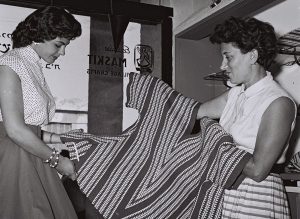
Ruth Dayan (right) the founder of the Israeli fashion house Maskit
Hans Pinn, Public domain, via Wikimedia Commons


